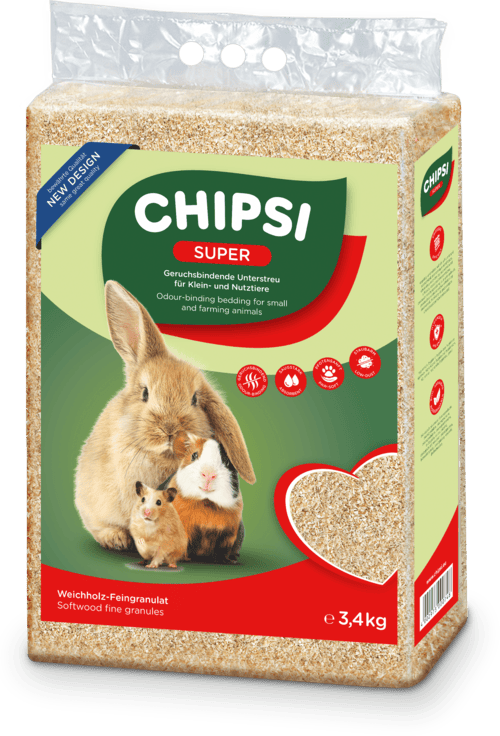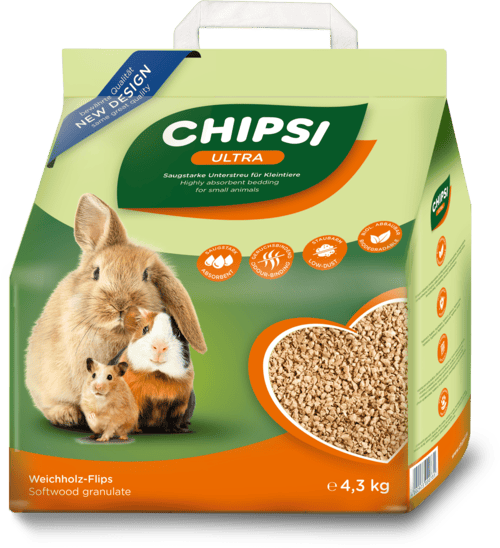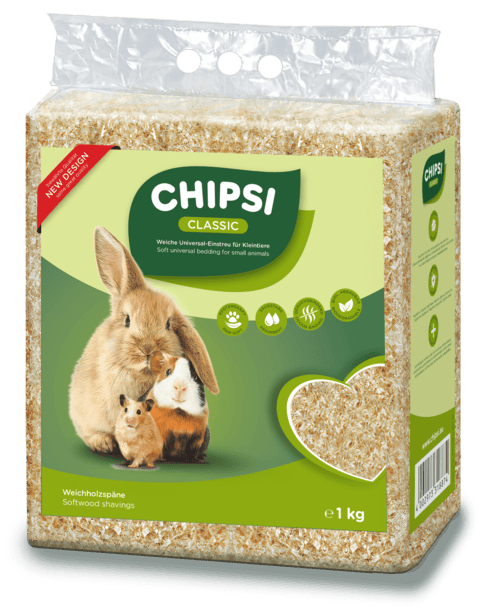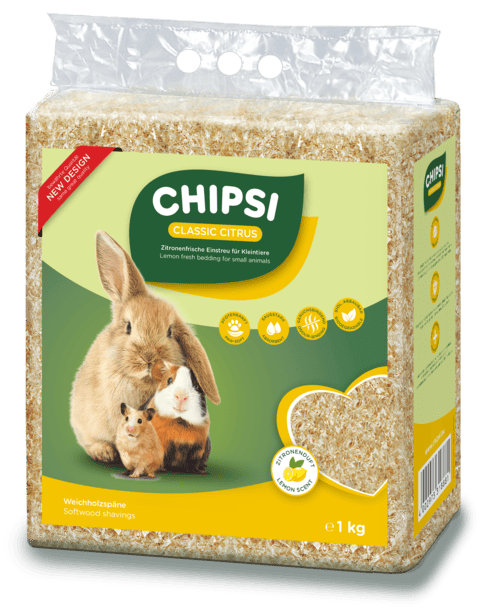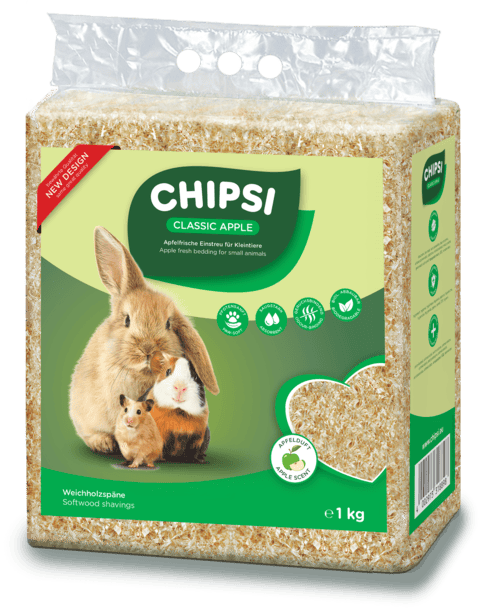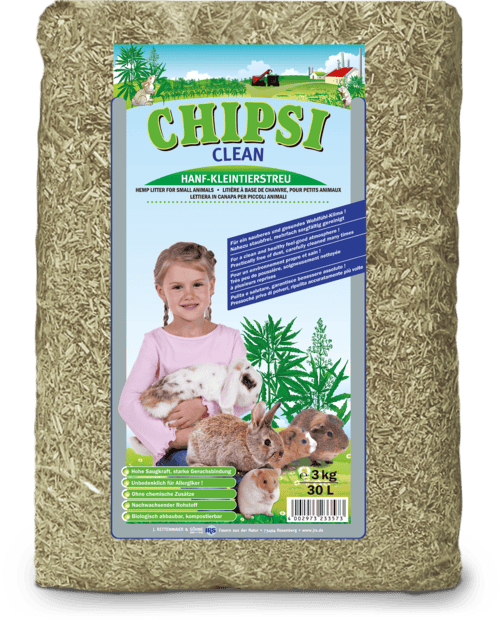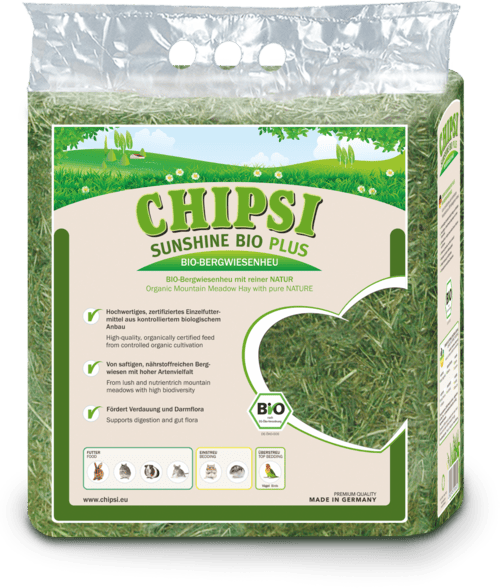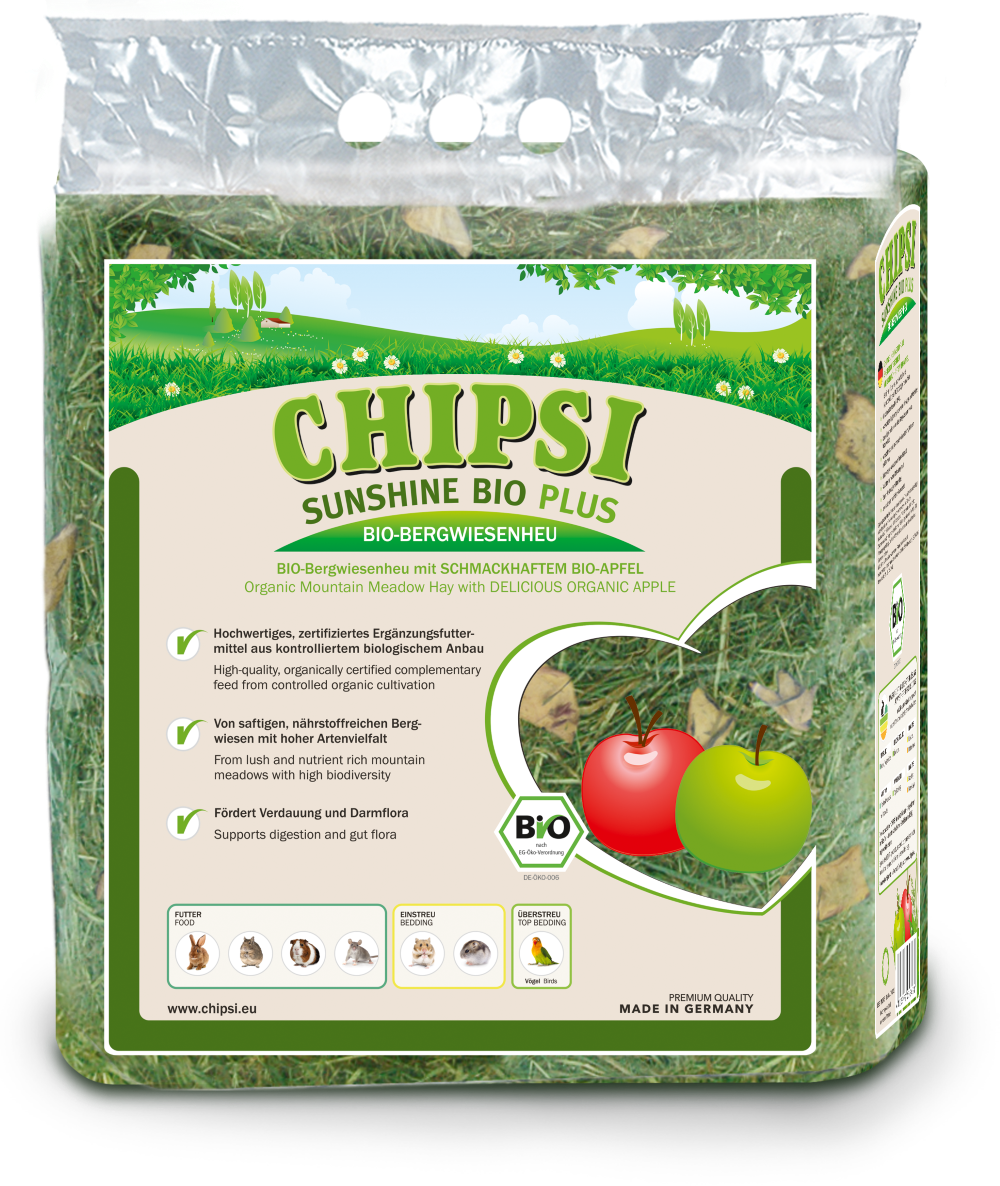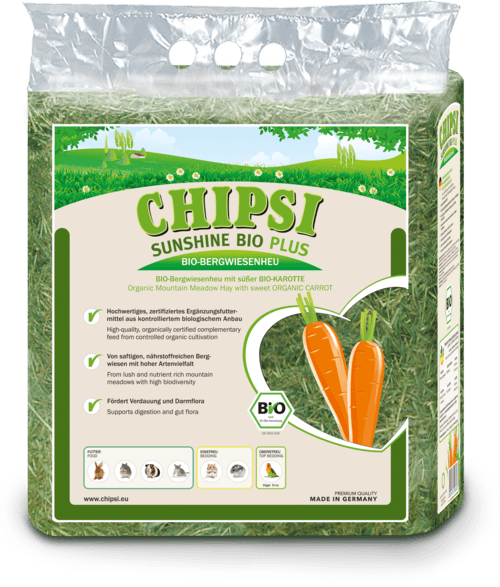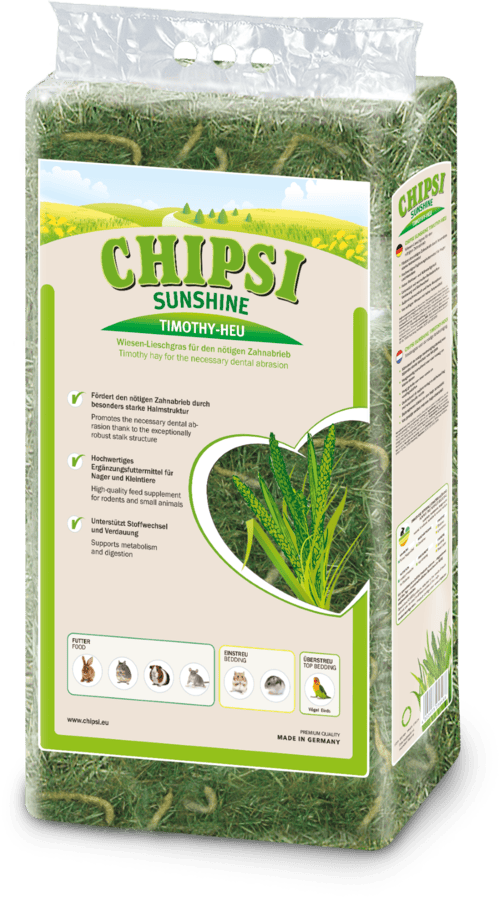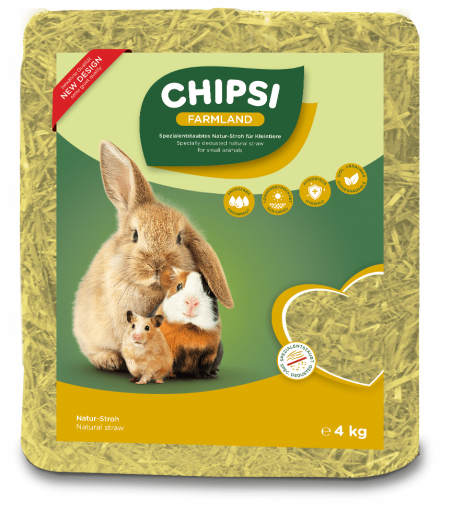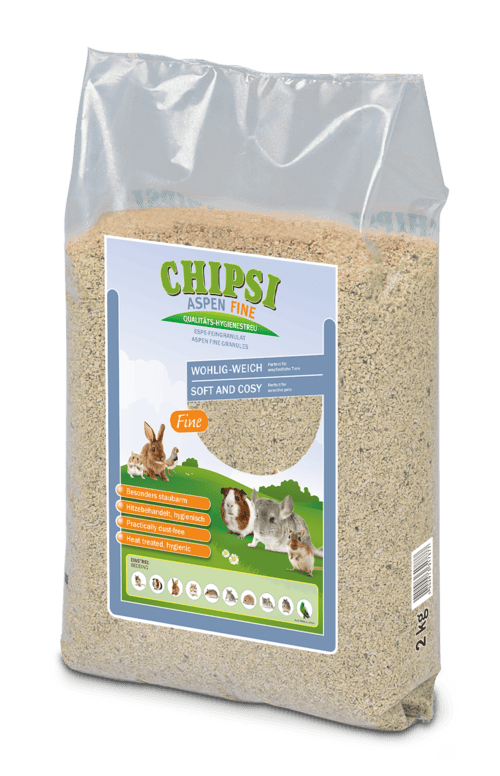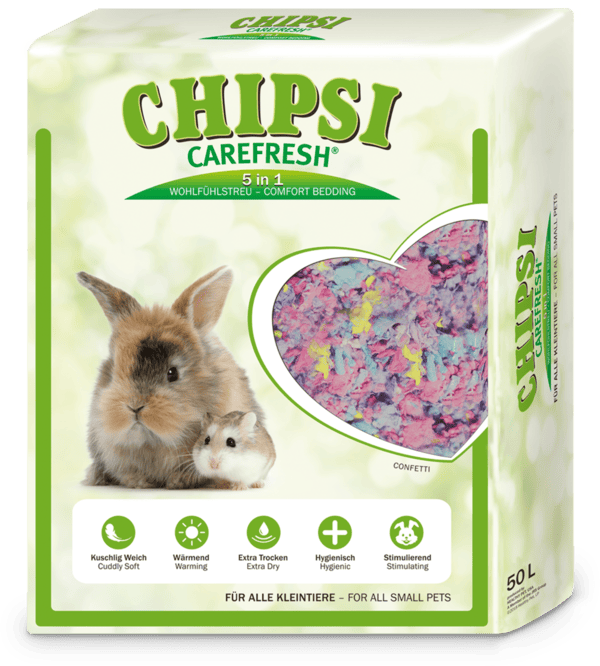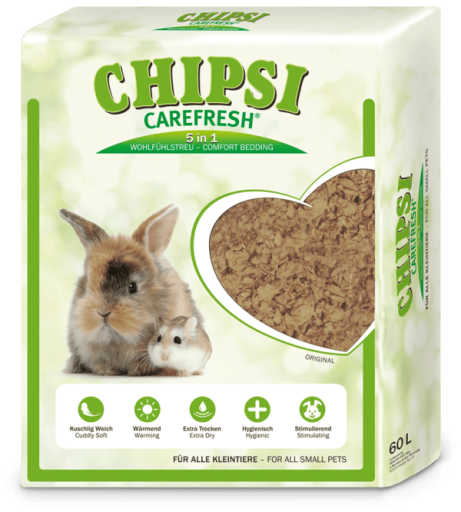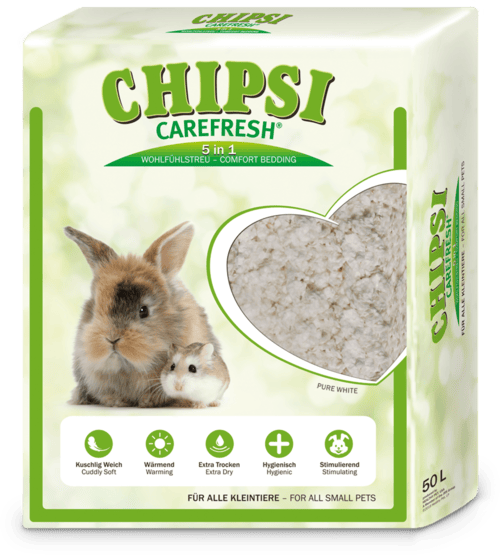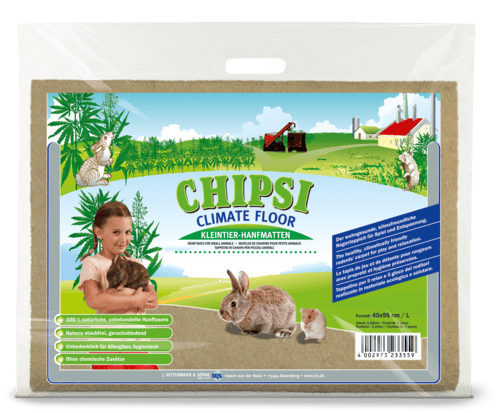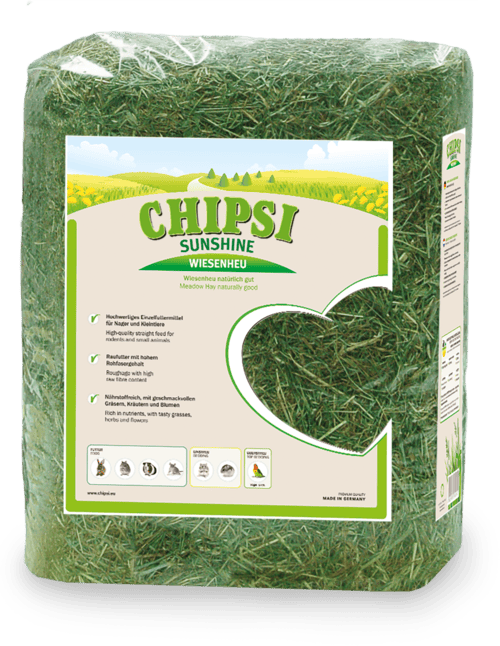Dwarf Hamsters - Small, nimble – and prefers to be among themselves
Species-Appropriate Keeping – How They Thrive
Alone, but not lonely
Single housing is generally species-appropriate for dwarf hamsters. Group housing is only possible in exceptional cases and with extensive experience.
Space for Tunnels and Adventures
An enclosure of at least 100 × 50 × 50 cm with a digging depth of 20–30 cm offers sufficient space for species-appropriate behavior. Retreats, hiding places, and tunnels are essential.
Exercise Wheel and More
A safe exercise wheel (closed running surface), a sand bath for coat care, little houses, and varied activities ensure engagement – even in limited space.

cleanliness and hygiene
🧼 Regular Changes
👃 Preserve Scent Trails
Dwarf hamsters are sensitive to sudden changes. Targeted, regular cleaning maintains hygiene without completely destroying their familiar environment – their own scent helps them with orientation.
Targeted Cleaning
The urine corners should be checked daily and cleaned as needed. This keeps the enclosure fresh without unnecessarily stressing the hamster.
Weekly Full Change
The substrate must be completely replaced regularly. However, some old bedding should be left behind to provide the animal with familiar scents and a sense of security.
Scent as Orientation
Dwarf hamsters rely on their own scent. Therefore, careful handling of the bedding is important to provide them with orientation and ensure their well-being.

Nutrition
🥦 Vegetables in Moderation
🥚 Protein Supplement
Dwarf hamsters require high-quality dry food daily, containing small seeds, herbs, and some protein. Fresh vegetables in small portions are also beneficial – please avoid sweet fruits or too much moisture. Drinking water must always be available.
Dry Food as a Basis
Dwarf hamsters require high-quality dry food daily, which contains small seeds and herbs. This provides energy, fiber, and important nutrients.
Supplement Vitamins
Small amounts of vegetables are allowed. However, sweet fruits or very moist food should be avoided, as they strain the hamsters’ digestion.
Don’t Forget Protein
Some animal protein, for example in the form of mealworms, supports growth and vitality. Drinking water must always be available in fresh quality.

Activities
🏰 Tunnels and Hiding Places
🪵 Digging and Sand Bath
Exercise wheels, sand baths, tubes, hiding places, and nesting material promote their activity. Small food caches and changing tunnel structures stimulate their natural exploratory spirit – especially important for nocturnal loners.
Movement in the Exercise Wheel
A safe exercise wheel with a closed running surface is indispensable. It promotes movement and corresponds to their natural urge to move.
Discover New Worlds
Tunnels, tubes, and hiding places stimulate the animals. They provide variety, promote activity, and support their exploratory spirit.
Digging and Grooming
Deep bedding invites digging. A sand bath serves for coat care, while nesting material provides comfort and engagement.
